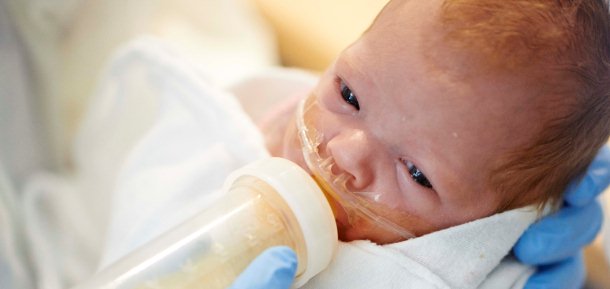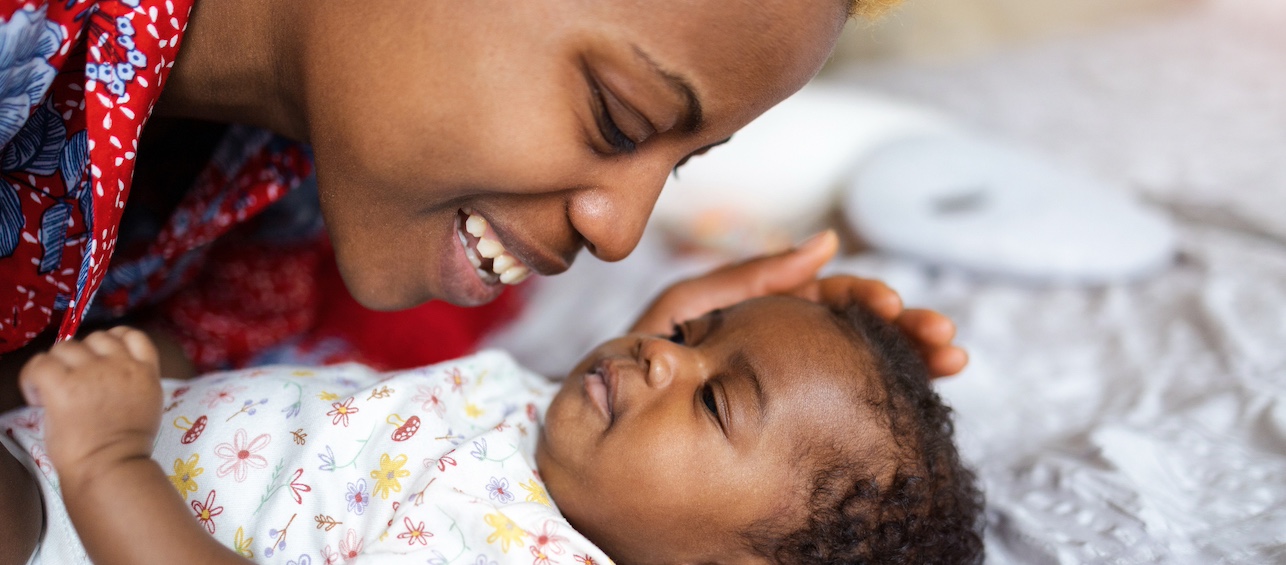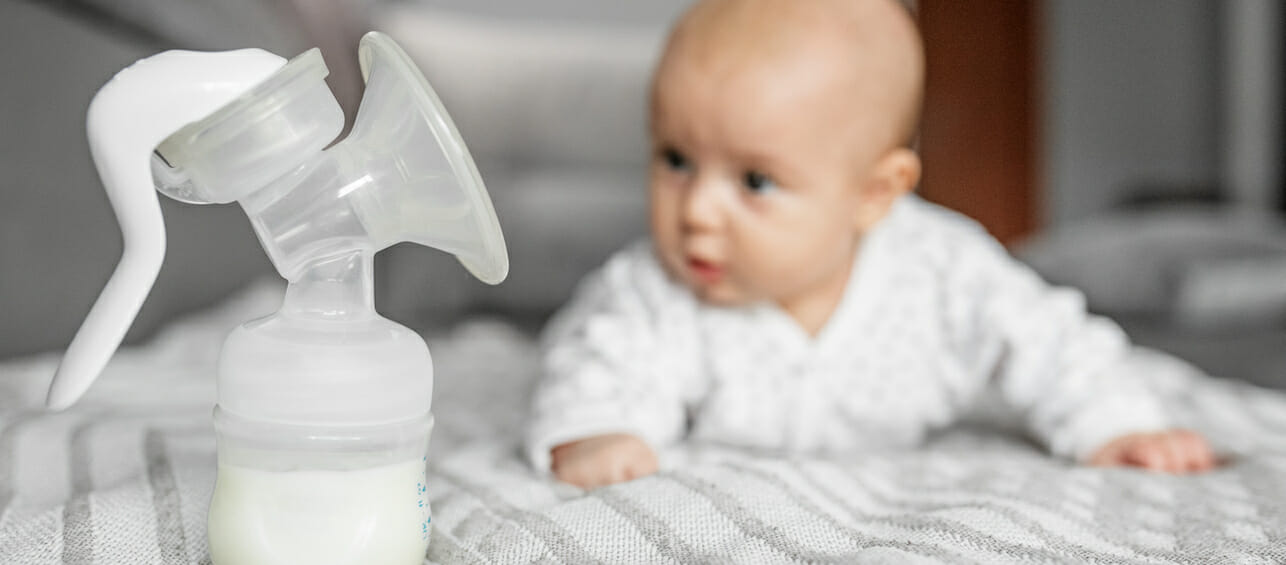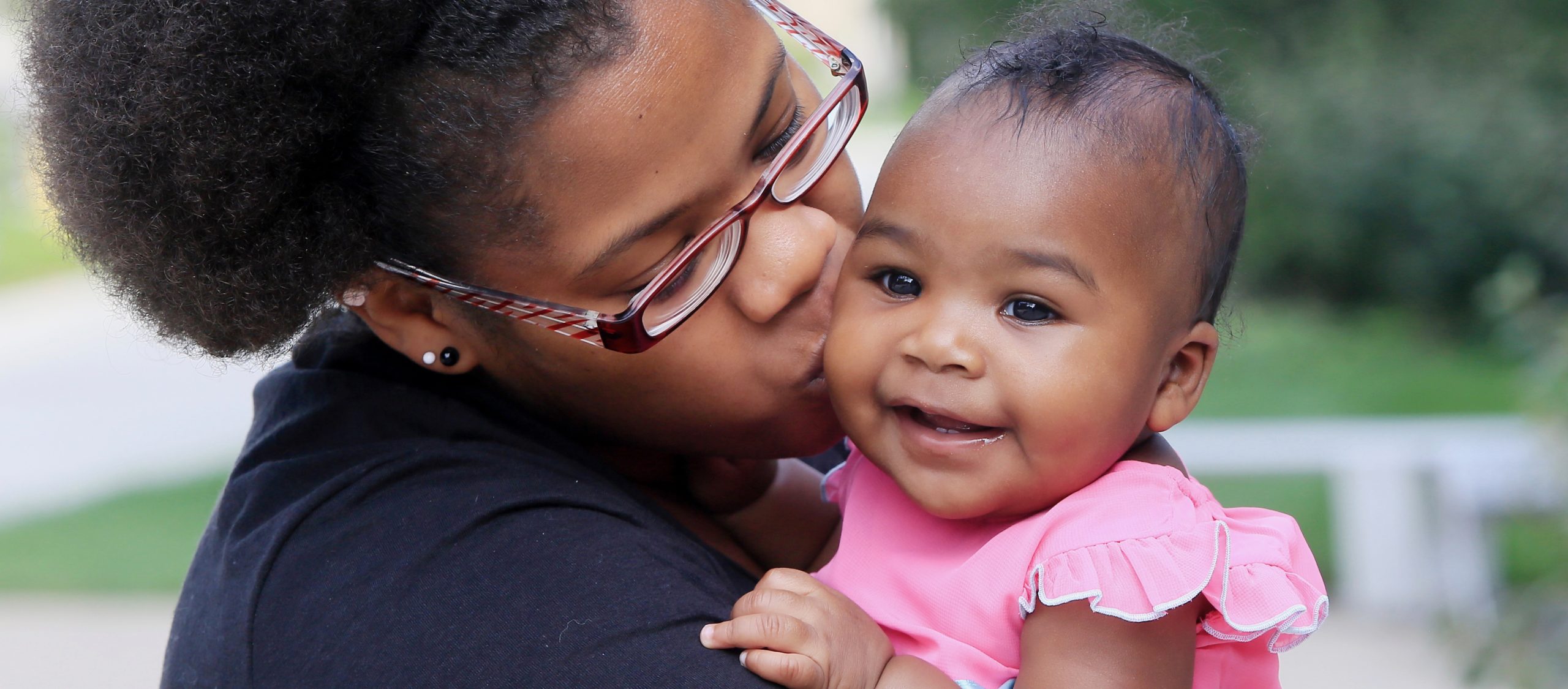It’s World Breastfeeding Awareness month and this year’s theme is “The Road to Lifelong Health Begins with Breastfeeding.”
Organizations like the American Academy of Pediatrics, Academy of Breastfeeding Medicine, the American Dietetic Association, and the World Health Organization have done a tremendous job advocating breastfeeding as the preferred and exclusive method of infant nourishment for the first six months of life.
Despite these recommendations, there is a population of women, who, for a variety of reasons, are unable to breastfeed despite a strong desire to do so.
These include mothers with:
– breast deformities or abnormalities resulting from breast surgeries;
– hormonal imbalances which limits the ability to make milk;
– maternal illness after delivery;
– the necessity of taking medications incompatible with breastfeeding;
– multiple gestation pregnancies (twins and triplets) where the demand from the infants is greater than the mother’s milk supply; and
– premature delivery.
Although cow or soy-based manufactured formulas are available to feed babies when a mother’s own milk is not, hospitalized infants often have difficulty tolerating these alternative nutrition sources. Sometimes the best alternative for infants is pasteurized milk from other mothers.
Dr. Sheela Geraghty, medical director of the Center for Breastfeeding Medicine at Cincinnati Children’s, has worked closely with the Mother’s Milk Bank of Ohio (MMBO) to promote milk donation.
The MMBO is a member of the Human Milk Banking Association of North America (HMBANA) and provides pasteurized donor breast milk to premature infants and infants and toddlers with life-threatening illnesses whose mothers cannot provide human milk.
Dr. Geraghty worked to secure grant funds from Ronald McDonald House Charities to start the MMBO donor depot at Cincinnati Children’s in 2006. It is the only collection site in Southwest Ohio.
I’ve Never Heard of “Milk Banking”
Human milk banking is practiced worldwide. The World Health Organization recommends donor human milk as the ideal alternate food source to a mother’s own milk because it provides optimal nutrition, easy digestibility, and immunologic protection for sick infants.
When milk is needed by a hospital to feed a sick infant, the bank geographically closest to the facility ships the frozen milk by a courier service.
The Mother’s Milk Bank of Ohio (MMBO) supplies human milk to hospitals throughout Ohio and the surrounding states.
Currently, the MMBO is struggling to meet requests from the hospitals in this area needing donor human milk.
“By expanding the supply of milk from mothers of full-term, healthy infants, more sick infants in our area will be able to benefit from donor milk relieving some of the mothers’ burdens during their stressful time,” says Dr. Geraghty. “The milk isn’t just for patients at Cincinnati Children’s – it is available for use at all local area hospitals.”
Mothers interested in donating excess or unused milk must first pass a screening by the milk bank. The milk is collected at Cincinnati Children’s and sent to Columbus where it is heat pasteurized and handled according to HMBANA standards. Milk banks do not pay the donors.
If you are interested in participating in this program, contact the Center for Breastfeeding Medicine at 513-636-2326, or the Mothers’ Milk Bank of Ohio at 614-544-0810 or by email at milkbank@ohiohealth.com.






